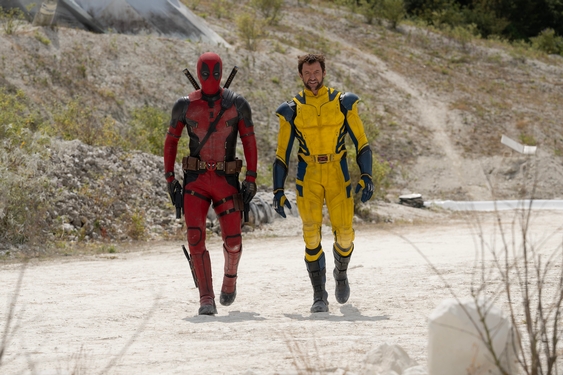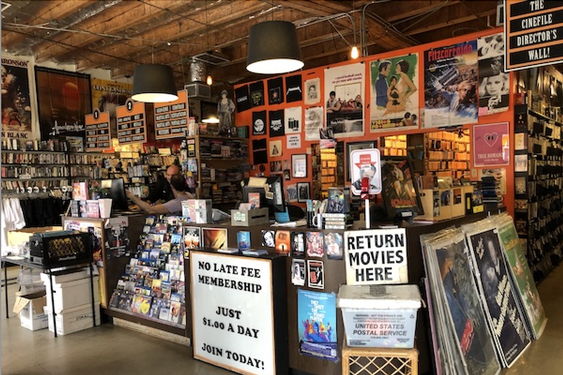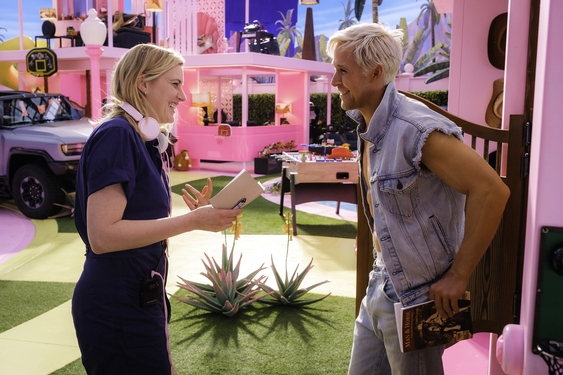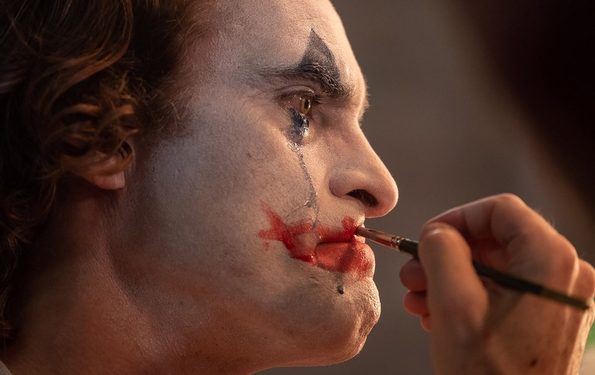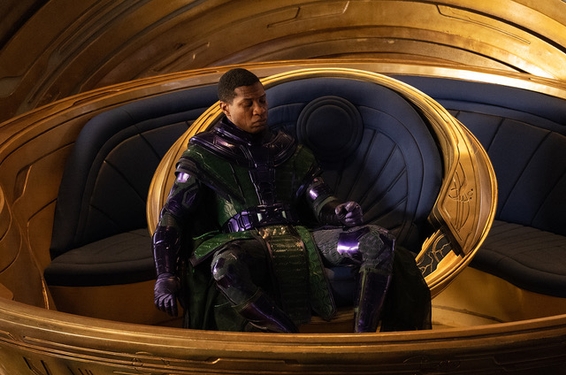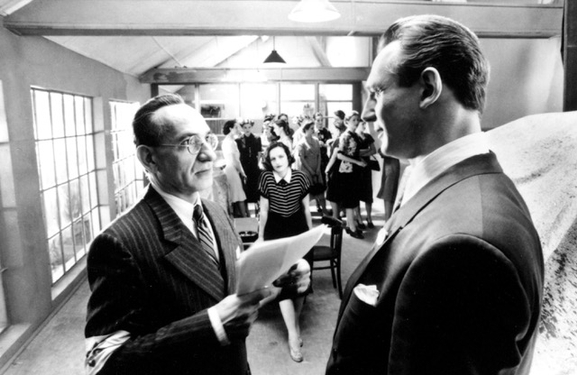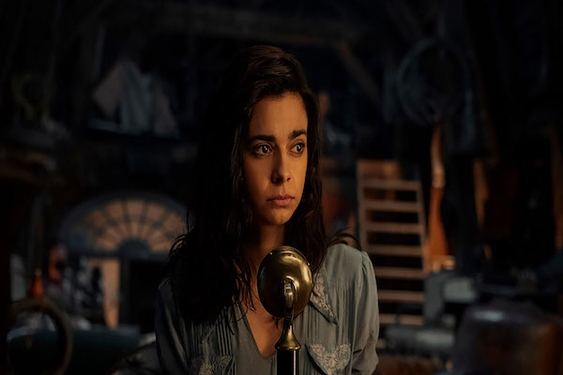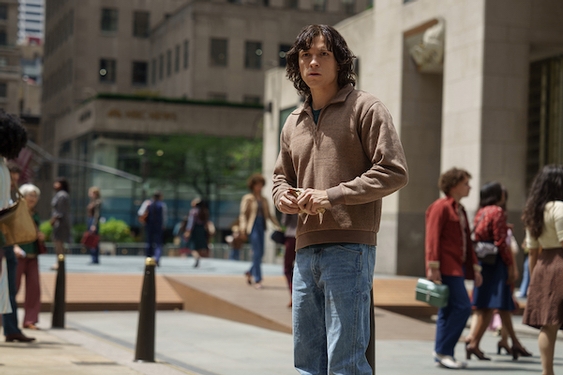Movies at the Sundance Film Festival often arrive with tags of “originality” and “boldness.” But there are few offerings that substantiate the claim like “The Wolfpack,” a documentary about imprisonment, abuse and the power of classic films.
Crystal Moselle’s debut feature, which premiered Sunday night at the independent-film gathering, tells of the Angulo family, a set of six brothers and one younger sister growing up in a low-income development on New York’s Lower East Side. The product of a white Midwestern mother and Latino father, the children lived in virtual isolation above one of the world’s biggest cities. Their father, a convert to Hare Krishna, hopes to avoid the “contamination” of the streets below and keeps the children, who are home-schooled, strictly behind apartment doors.
“I always metaphorically describe our childhood as him being the landowner and us the people who work on the land,” said one of the children in the film. “But if you want a more dramatic setting, we were in a prison and at night our cells would lock up.”
In response, the boys have turned to movies. Though the Internet and other media are forbidden, movies aren’t, and the children — over the course of the film they range from pre-adolescent to their early 20s — set out not only to view the films but to reenact them, often with an eerie attention to detail. “Pulp Fiction,” “Nightmare on Elm Street” and other modern hits are often staged and filmed, as are older classics.
As they slowly emerge into the world over the course of the movie, their lives begin to take a different shape, and the collision produces some intriguing consequences. The movies they’ve watched color their perception of the world and influence their speech; it may be the first time the beaches of Coney Island elicit a reference to “Lawrence of Arabia.”
Festival organizers have been touting the film. Discussing the slate last month, programming director Trevor Groth was told half-jokingly that the film could play like a cross between “Stand by Me” and “Super 8.” He replied, “That’s not as far off as you think.”
And where better to showcase this story of a distorted but fundamentally accurate version of our own media-saturated world and its various forms of self-sequestration than this image-besotted festival? And with its mythic qualities, the documentary is often as much metaphor as specific tale.
A graduate of New York’s School of Visual Arts, Moselle, 34, came across the children in a downtown park as they were just starting to emerge into the world (tricked out in suits and shades from “Reservoir Dogs”). She befriended them and eventually spent nearly five years off and on at their apartment filming them, as well as unearthing a large amount of archival footage.
“I felt like I was discovering a long-lost tribe in the Amazon,” she said in an interview. “There was a lot of awkwardness — I remember even having to explain to them what ‘small talk’ was, because they had no idea. But they were also really hungry for human interaction, and that was beautiful to watch.”
Moselle said she sought to maintain her objectivity but at times did seek to help them understand more about the outside world. She also became close with the mother — a sweet-natured woman caught in the cross-currents of a controlling husband and increasingly self-aware children, and perhaps the film’s most heartbreaking character.
The boys trade in a kind of private language and even exuberance that evokes “Capturing the Friedmans,” about the dysfunctional Long Island, N.Y., family rocked by a sex scandal. Fictional fish-out-of-water tales such as the “Tarzan” films and the 1999 Christopher Walken comedy “Blast From the Past” also come to mind.
But despite all the references, the gestalt of “The Wolfpack” is like few films in recent memory. The movie, which is seeking distribution at Sundance, is as much sociological experiment as cinematic narrative. “I feel like there are so many larger repercussions — about raising children, about isolation,” Moselle said. “When someone is glued to Facebook all day, or to their computer, that’s a form of isolation too.”
The boys are set to come to Sundance, though one inquired about the rules of flying on a plane. Moments like that echo some of the film’s most telling and poignant scenes, such as when they see a forest for the first time.
“This is just like 3-D,” one says. “I feel like I’m in the Fangorn Forest in ‘Lord of the Rings,’” another replies.
———
©2015 Los Angeles Times
Visit the Los Angeles Times at latimes.com
Distributed by Tribune Content Agency, LLC




